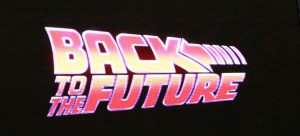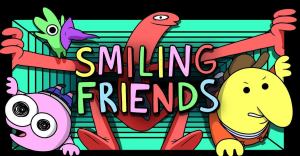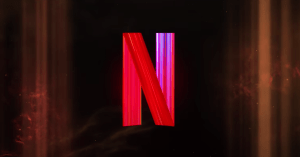Wordle burst onto the scene just a few months ago and it has already taken over the entire Internet. However, the simple little word game has come with a surprising amount of controversy as well. Here’s a quick explainer to catch up on Wordle and the associated drama.
Wordle is a simple game that challenges you to guess a five-letter word in six tries or less. With each legitimate guess, it displays the letters in gray, yellow and green. Gray means that the letter is not in the correct word at all; yellow means the letter is in the word but in a different place; green means it is in the correct place. Whether you solve the puzzle or not, you can share your Wordle results via text or social media with a series of gray, yellow and green square emojis. This is part of the game’s popularity, since you can post your results without spoiling the word of the day. There is only one word for each day, so once you’ve solved it you need to wait until at least midnight to play the next day’s puzzle.
Videos by PopCulture.com
That’s how the game is played in a nutshell, but the real story is how it rose to prominence. It started with software engineer Josh Wardle, who was interviewed last by The New York Times. Yes, Wardle named his game after his own last name, and he created it just for his partner, Palak Shah, who loves word puzzles.
Wardle reportedly shared the game with his partner and his family, and found that it quickly became an obsession for all of them. He decided to release it online in October, figuring others might get hooked too. The growth was massive – over 300,000 people played the game this weekend, and that number is still climbing.
Experts say the surge in popularity is particularly impressive considering Wordle’s limited format – it can be played only once per day, making users wait 24 hours for their next fix. That’s quite different from many other mobile games, but some players say that’s what they love about it the most.
Users have also praised the game’s accessibility. They find it charming that something so popular hasn’t been bogged down with ads, subscription tiers or corporate sponsors. It still doesn’t even have an official app — it must be played through a web browser. Wardle himself told The Times: “I think people kind of appreciate that there’s this thing online that’s just fun. It’s not trying to do anything shady with your data or your eyeballs. It’s just a game that’s fun.”
Wardle said that he put about 2,500 words into the Wordle queue and left it there, so there would be a new daily puzzle for years to come. However, the immense popularity brought fresh new attention, and on Feb. 1, Wardle announced that he had sold the game to The New York Times. The outlet reportedly paid Wardle a sum in the “low seven-figures” for the game, which will eventually fit in alongside its daily crossword puzzle and other brain teasers.
Not all players were pleased by this news. Some felt that the simple, open-source nature of Wordle is what made it great, and that corporate ownership could only detract from it — not add anything new. So far, The Times has not changed much about Wordle, but players are already swearing that the game is getting harder. Many are also dreading the day it falls behind some kind of pay wall.
Wardle himself said that the sale was a bit of a relief. He told The Guardian: “It going viral doesn’t feel great, to be honest. I feel a sense of responsibility for the players. I feel I really owe it to them to keep things running and make sure everything’s working correctly. It’s not my full-time job and I don’t want it to become a source of stress and anxiety in my life.”
For now, Wordle remains free to play, free of ads and independent of the New York Times subscription service. Users are expecting that to change any day now.








